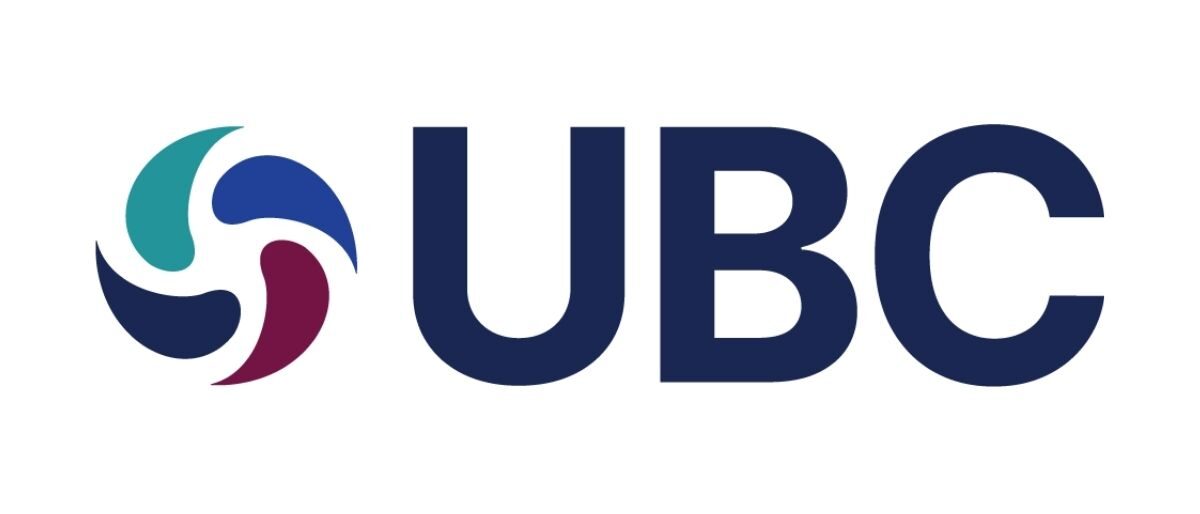Recent studies cite that 80% of trials are delayed due to patient recruitment challenges, with up to 20% of enrolled sites never enrolling a single patient. Making recruitment even more challenging is the fact that the number of inclusion/exclusion criteria in protocols has increased by 61%, which greatly increases a study’s screen-fail rate. So imagine if you were running a study where a patient may qualify one day, but not the day of the screening visit as their specified condition became dormant. And then imagine trying to follow-up with those patients and continuously monitoring symptoms in order to enroll them into your clinical trial.
August is Psoriasis Awareness Month. Conditions such as psoriasis (as well as other inflammatory or autoimmune disorders in addition to conditions such as migraine and GI disorders) can have an additional layer of complexity added to patient enrollment—the “flare up”. Many of these patients may pre-qualify for a study, but due to the severity of the disease during the time of the screening visit, may have to wait until they are symptomatic in order to enroll. Many of these patients can leave a study before it even begins, so it is crucial to keep these potential subjects engaged until the time they may be eligible. This is also key for patients who cannot attend visit 1 until a mandatory wash-out period.
UBC’s Patient & Physician Recruitment & Retention Services team can engage this patient population and reduce site burden by conducting the engagement necessary to keep patients interested. This communication can come in the form of outbound calls, emails, instructional video links, and mailings to potential subjects. The aim of this communication is to:
- Answer any questions patients have about the requirements and potential benefits of the study.
- Remind patients of screening visits.
- Remind and instruct patients about at-home procedures.
- Send supportive/thank you messages to keep patients engaged prior to and during the study.
After successful enrollment into the study, many of these studies also have symptom ratings as part of the patient study requirements via a diary/ePRO device. UBC can provide tools such as descriptive animated videos that assist participants in successfully rating their symptoms and staying engaged in the study.
Looking for patient engagement solutions for your trial? Get in touch with our expert team today.





